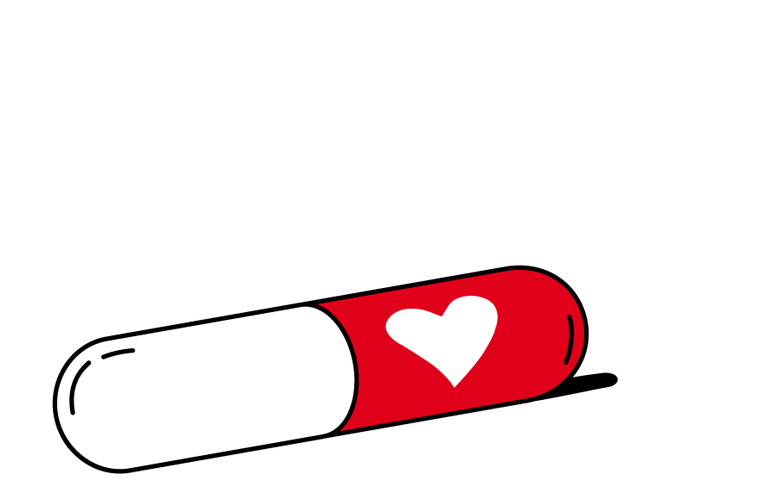List of chromosomes » Chromosome 13
A taste of happiness
‘Sugar and spice and all things nice’
Chocolate offers brief moments of pleasure because it releases hordes of chemical reactions which end up saying to our brain: ‘I like this…’. The knowledge that our emotions are dependent on chemistry takes some of the magic away, but without this chemistry pleasure wouldn’t exist at all, because we would be incapable of either feeling or remembering it…

Molecule of pleasure…
What makes us feel pleasure? A small molecule known as serotonin, amongst a few others. Serotonin relays the sensation of pleasure to our brain by binding to a receptor protein. This said, serotonin is not only active after we have tasted a truffle. It is also involved in many other of life’s moments: sleep, appetite, the perception of pain and our sexual behaviour. Which all participate, one way or another, in the feeling of pleasure.

…and sometimes sorrow
Serotonin is not the only molecule to relay pleasure. Pleasure depends on many other factors too. And if this elaborate system fails, it can cause disharmonies such as depression for example. Antidepressants can then be prescribed to a patient in the hope of reestablishing the recipe for pleasure.
The downside of treatment
Things are rarely simple. An antidepressant is able to restore a certain balance in someone’s humour yet, as is the case for any drug, it can also cause imbalances elsewhere. This is the kingdom of side effects. A ‘good’ drug will only lightly affect another biological process, whereas a “bad” one can be the cause of damage.

Looking for the ideal drug
This is why it is important to test all the effects of a given drug before authorising its prescription. A “good” drug is said to be effective when it causes few side effects. But how is this evaluated? There are numerous laboratory tests. One consists in seeking the effect a drug will have on other proteins. Currently, thanks to bioinformatics, scientists are able to compare the production of proteins between different cells, without and in the presence of medication. Scientists will choose the medication which least perturbs the production of other proteins. In other words, they will choose the medication which has the least side effects.

External links
Bioinformatics expert: The HTR2A gene in the OMIM database (genetic diseases)
Corresponding protein in UniProtKB/Swiss-Prot
Internal links
What is a protein?
What is a drug?
Chromosome 6: Motions of the invisible
Chromosome 10: Gene…Ethics
Chromosome 17: SLC6A4

